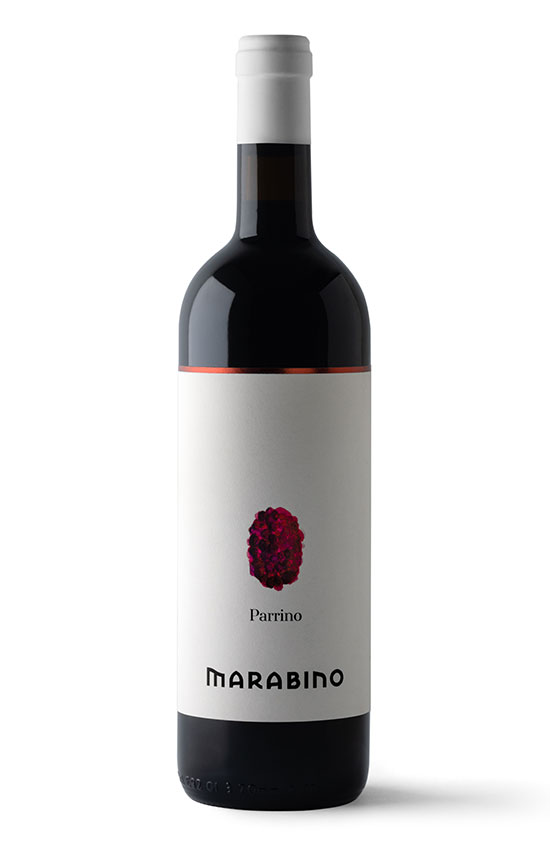Cultivated at alberello Pachinese impupato, it comes from our southernmost vineyard, “Parrino”, four hectares of land left uncultivated for more than twenty years, with north exposure. It is implanted with grafting on the field with a “massal” selection made between the oldest vines of Nero d’Avola from Pachino. It takes its name from the hill where it was born, “cozzo del parroco” or head of the priest.
The typical nature of this vineyard resides in the soil, with shades of patchy colors, from clay black to calcareous white to clay yellow. The north exposure protects the vineyard from the hot wind of “Scirocco Africano”, the vines ripen their bunches slower, giving a complete phenolic ripening. It ferments in steel for at least fifteen days and it ages for one year in tanks before being bottled, followed a long bottle aging. The vineyard, the exposure to the North and the characteristics of the soils give this wine a remarkable potential, which highlights the magnificent facets of the evolving Nero d’Avola, playing everything on elegance.


